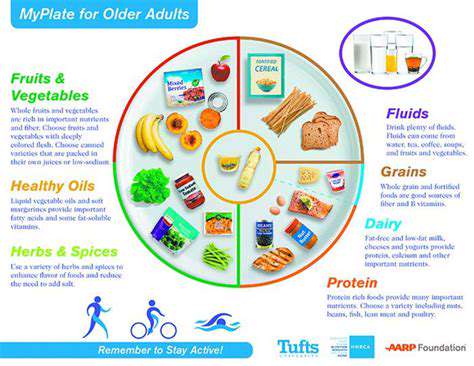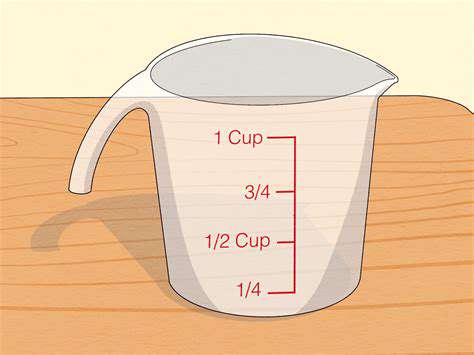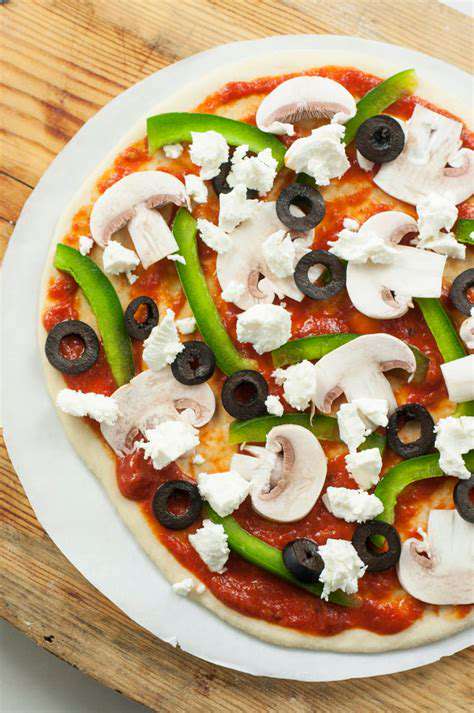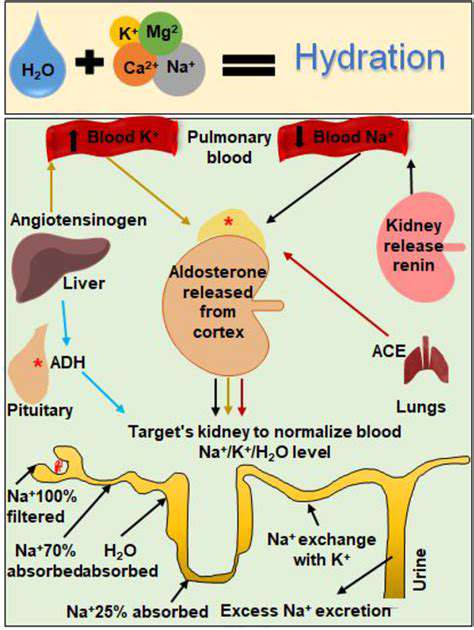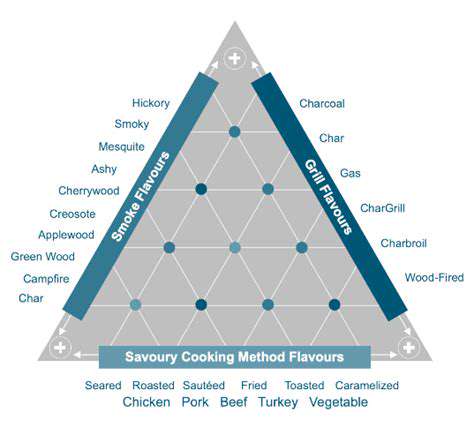Traditional Foods for Ramadan Iftar
Sweet Treats and Refreshments: Ending the Fast with Delight
Breaking the Fast with Dates
Dates, a cornerstone of many Middle Eastern and North African cultures, are a naturally sweet and satisfying way to break the fast. Their high sugar content provides a quick energy boost after a period of fasting, while their fiber content aids in digestion. Dates are also a good source of potassium and other essential minerals, making them a healthy and delicious choice to kick off the evening meal after a long day of fasting.
The Enchanting World of Baklava
Baklava, a layered pastry filled with chopped nuts and drenched in sweet syrup, is a beloved treat across the Middle East. The intricate layers of phyllo dough, the delightful crunch of the nuts, and the rich, syrupy glaze create an unforgettable culinary experience. It's a tradition to savor each bite, appreciating the delicate balance of flavors and textures that make it a perfect ending to a fasting period.
The preparation of baklava often involves a family or community effort, embodying a shared cultural experience. The act of making this treat, passing down the recipe and sharing it with others, is deeply rooted in cultural traditions. Each layer of dough and nut is a testament to the dedication and love invested in the process.
Refreshing Iftar Drinks: A Sip of Paradise
Beyond the sweet treats, refreshing drinks are essential to rehydrate and cool the body after a period of fasting. Traditional iftar drinks like fruit juices, herbal teas, and infused water are popular choices. The cool, invigorating nature of these drinks helps to replenish lost fluids and minerals, making them a crucial part of the iftar experience. The variety of flavors and ingredients available in these drinks add to the festive atmosphere of the breaking of the fast.
The Delightful Aroma of Ma'amoul Cookies
Ma'amoul cookies, filled with dates, pistachios, or other nuts, are a delectable treat often enjoyed during the holy month of Ramadan. The sweet, nutty filling encased in a buttery cookie dough creates an explosion of flavor in every bite. The preparation of ma'amoul cookies often involves a family effort, symbolizing the unity and togetherness that are essential parts of the cultural traditions associated with the celebration.
The Savor of Fresh Fruits and Vegetables
Fresh fruits and vegetables play a vital role in breaking the fast, providing essential vitamins and minerals. A plate of fresh fruits, such as dates, figs, raisins, and melons, alongside a colorful array of vegetables, are perfect additions to the iftar meal. These natural sources of nutrients help to replenish the body's energy stores and support overall well-being after a period of fasting.
The Comfort of Warm Soups and Stews
Following a period of fasting, warm soups and stews provide comforting warmth and essential nutrients. The rich flavors and textures of these dishes help to revitalize the body and replenish its energy stores. These dishes are often prepared with a variety of ingredients, allowing for a wide range of flavors and textures to suit individual preferences. The warmth of these dishes is especially appreciated during the cooler evenings, making them a comforting and essential part of the iftar experience.
Read more about Traditional Foods for Ramadan Iftar
Hot Recommendations
- Traditional Foods for Day of the Dead
- Food Etiquette in Italy: Pasta Rules!
- Best Family Friendly Restaurants with Play Areas in [City]
- Review: The Best [Specific Dessert] Place in [City]
- Top Ice Cream Parlors in [City]
- Traditional Foods for Halloween
- The History of the Potato in Ireland
- Best Vegan Pizza Joints in [City] [2025]
- Best Bakeries for Sourdough Bread in [City]
- Food Culture in Argentina: Asado and Wine
